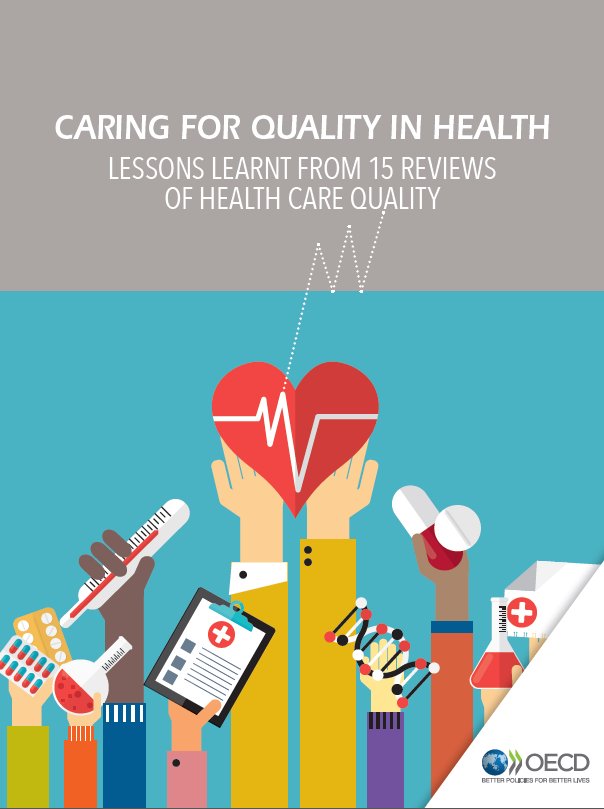The survey has a clear message: the more you have choice on healthcare, the more you are satisfied (in general). The Netherlands leads the ranking every year in the last decade. The european countries that spend most on health per capita are Luxembourg (6.023€), Germany (4.003€) and Netherlands (3.983€). Luxembourg lies behind in satisfaction, while Switzerland (choice) is in the second position and the third is for Norway (not so strong in choice).
Choice may provide satisfaction, but you have to agree on a model that supports it, and be able to pay the bill. Personally, I'm not so sure about choice as a general construct to support decision making and satisfaction, a former post explains my doubts.
Long time ago the European Union made surveys on satisfaction, and decided to stop, because it was an easy policy tool for the opponents. Right now we do have only the Euro Health Consumer Index 2016. Unfortunately you'll not find data on Catalonia, it will appear in a next edition.

